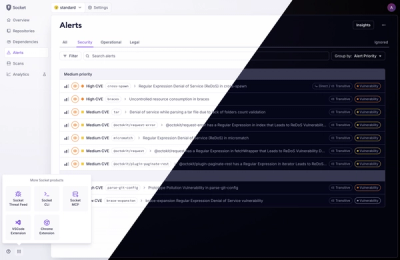
nuxt-build-optimisations
Instantly speed up your Nuxt.js 2 build time.
Why and How?
Nuxt Build Optimisations is for modern, sluggish Nuxt.js 2 apps.
It makes smart assumptions about trade-offs you're willing to make for better build speeds.
Under the hood it modifies your Nuxt config and the underlying webpack config.
:warning: This module is experimental. You need to test your app with it before it hits production.
Features
Development
- :zap: Super quick js/ts transpiling with esbuild (safe)
- :zap: Images will only use
file-loader for quicker builds (safe)
Production
Misc
Setup
Install using yarn or npm. (Nuxt.js 2.10+ is required)
yarn add nuxt-build-optimisations
Usage
Within your nuxt.config.js add the following.
buildModules: [
'nuxt-build-optimisations',
],
To enable the measure plugin, you can use an environment variable or follow the documentation below.
package.json
{
"scripts": {
"measure": "export NUXT_MEASURE=true; nuxt dev"
}
}
Configuration
Configuration is under the buildOptimisations key in your nuxt.config.js.
Default Configuration
buildOptimisations: {
profile: 'risky'
}
Measure
Type: boolean or object
Default: false
When measure is enabled with true (options or environment variable), it will use the speed-measure-webpack-plugin.
If the measure option is an object it is assumed to be speed-measure-webpack-plugin options.
buildOptimisations: {
measure: {
outputFormat: 'humanVerbose',
granularLoaderData: true,
loaderTopFiles: 10
}
}
Profile
Type: risky | experimental | safe | false
Default: risky
If you have errors on the risky mode you should increment down in profiles until you find one that works.
Setting the profile to false will disable the optimisations, useful when you want to measure your build time without optimisations.
Safest
Faster image loader
Development only
Swaps url-loader for file-loader. Faster when you have a lot of images of varying sizes.
Tradeoff: can't test url-loaded images in dev
Webpack flag optimisations
Specific webpack flags changed based on best practices described in the documentation.
Tradeoff: See webpack docs
Disable minimising
Development only
Makes sure all Nuxt minimising is disabled to speed up builds, including js and html.
No local modern builds
Development only
Modern builds are disabled by default as the main client build works the same.
Experimental
Optimised Transpiling
For development will only transpile code to the latest chrome for a ~40% quicker compile.
In production transpiles code for non-dead browsers. Nuxt out of the box transpiles to IE9. See: https://github.com/browserslist/browserslist#full-list
Cache enabled
Nuxt cache option enabled
No vendor transpiling
Development only
Removes any transpiling of third party libraries.
Risky
Hard Source Enabled
Nuxt hardSource enabled
Parallel Enabled
Nuxt parallel enabled
Credits
License
MIT




